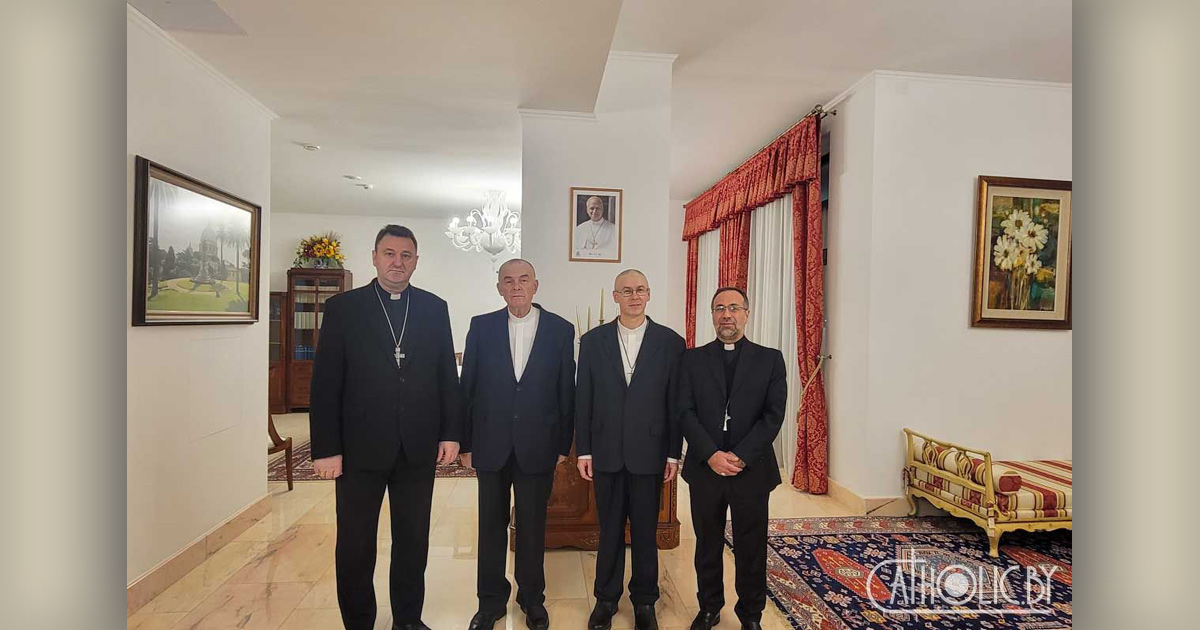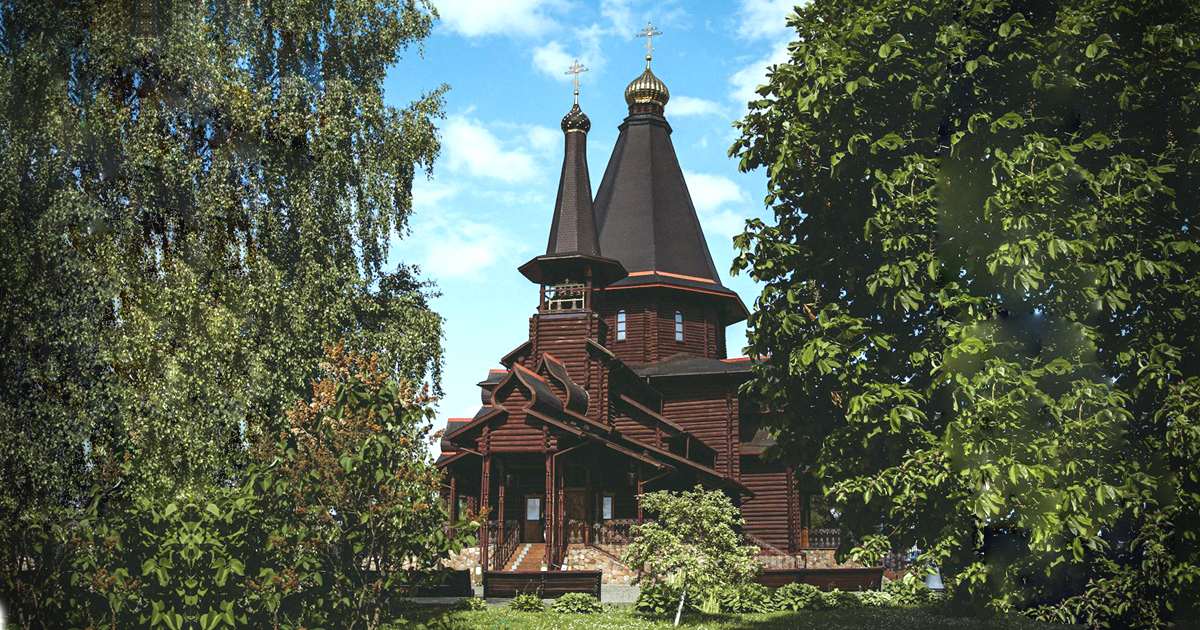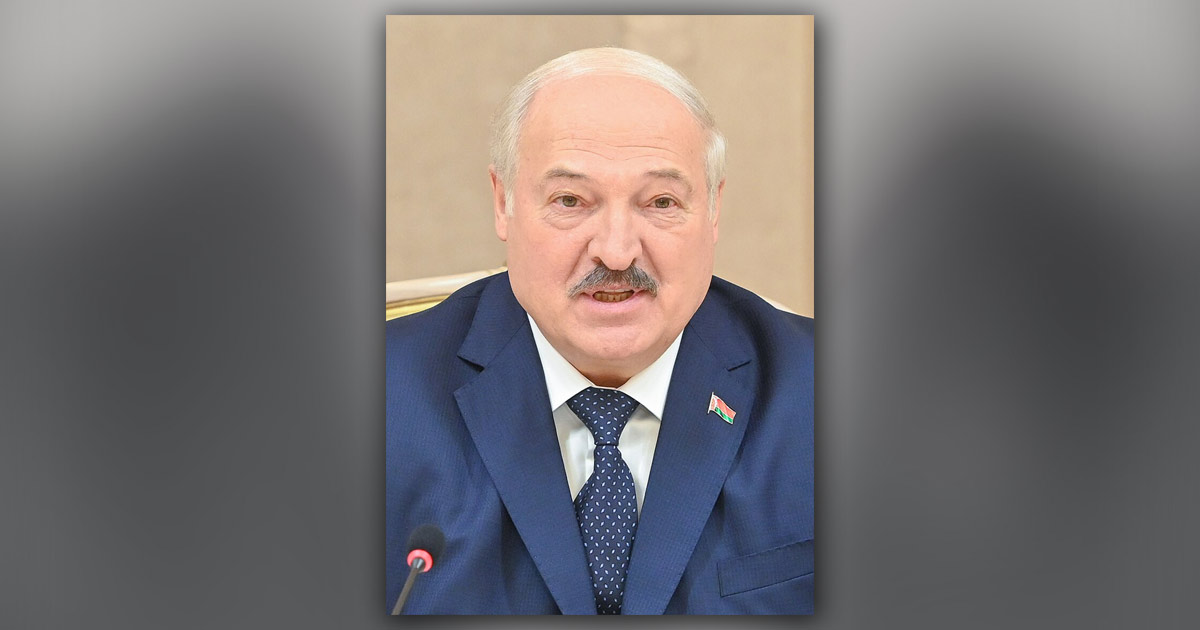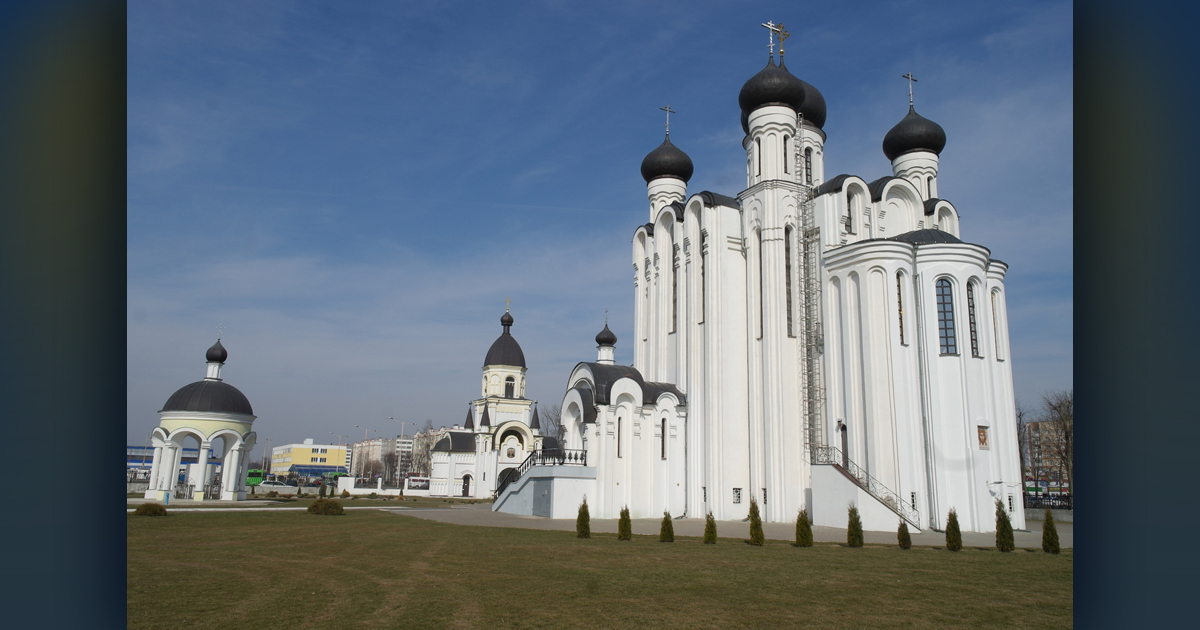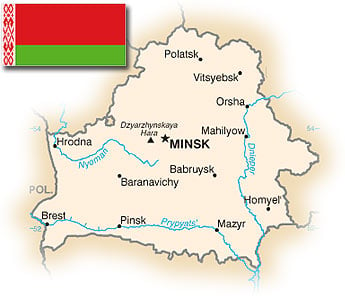
Two Protestant churches in Minsk, Belarus are facing increasing pressure because of restrictive registration laws, according to a February 23 report from Forum 18.
Pastor Georgi Vyazovsky of Christ's Covenant Reformed Baptist Church has been charged with holding unsanctioned religious services. On February 5, a local district official entered the home of Pastor Vyazovsky as the congregation of 30 met for Bible reading and prayer. When a police officer arrived a few minutes later, the church members refused him entrance. The official responded by accusing the pastor of violating church registration laws. The court hearing against him is scheduled for March 3.
On September 20, 2005, the Belarusian Evangelical Church had its legal status removed by a city court (click here for more details). Pastor Sabilo has since been ordered to pay all court costs related to the case. With a membership of only twelve members and living on a meager pension, Sabilo told the court that he was unable to pay the 127,500 rubles ($67.00 CDN). He was told that bailiffs would make an inventory of his property for confiscation. At last report, this has not yet happened.
Pray that Pastor Georgi will be cleared of all charges against him. Pray that the court case on March 3 will result in freedom for him and praise to God from the Christian community in that area. Pray that the Belarusian Evangelical Church will be able to regain their legal status. Pray that God will soften the hearts of Belarusian officials.
For more information on the persecution of Christians in Belarus, click here. An audio and a video report on Belarus are available on VOMC's multimedia website, www.vomcanada.com.

